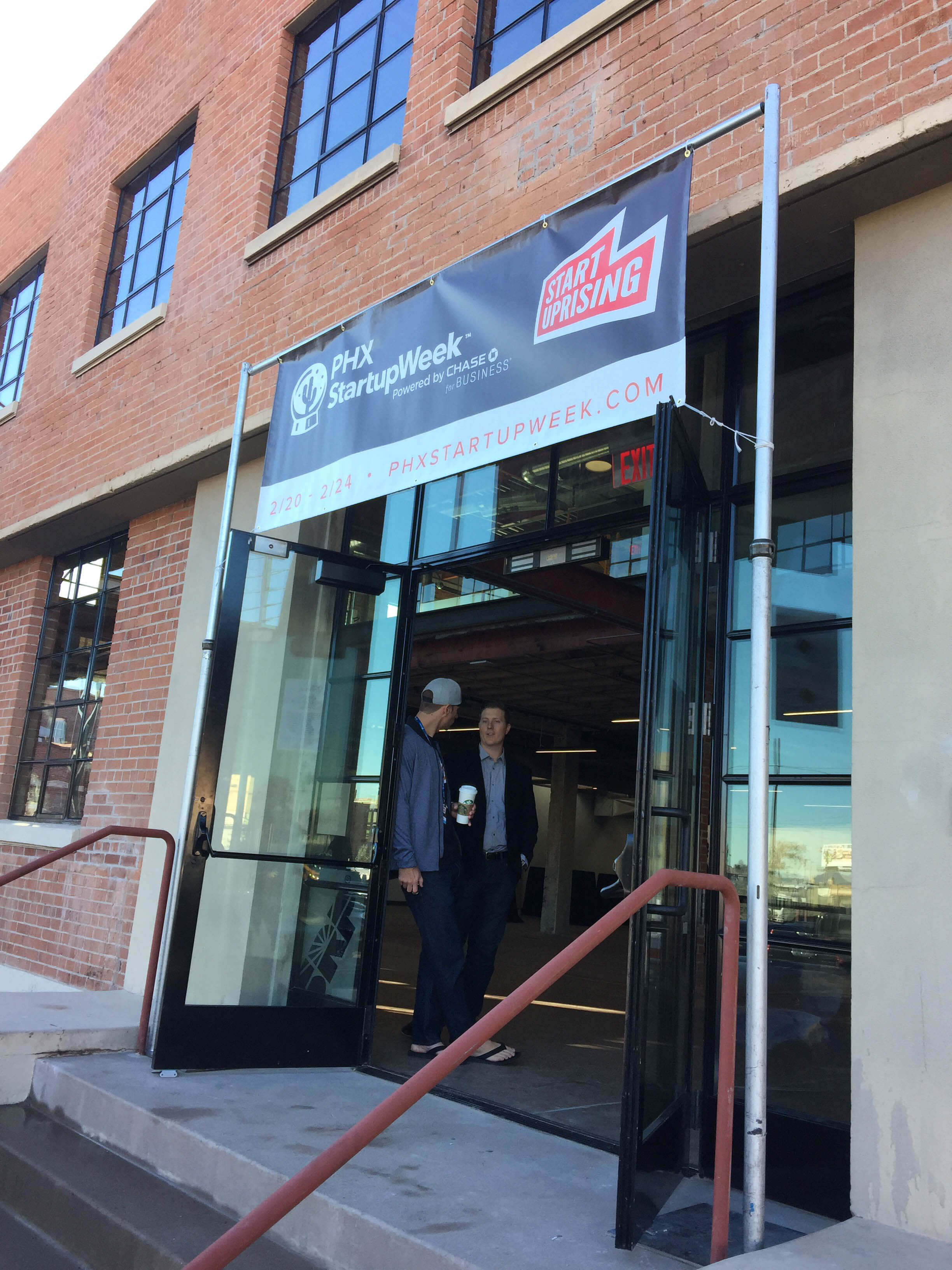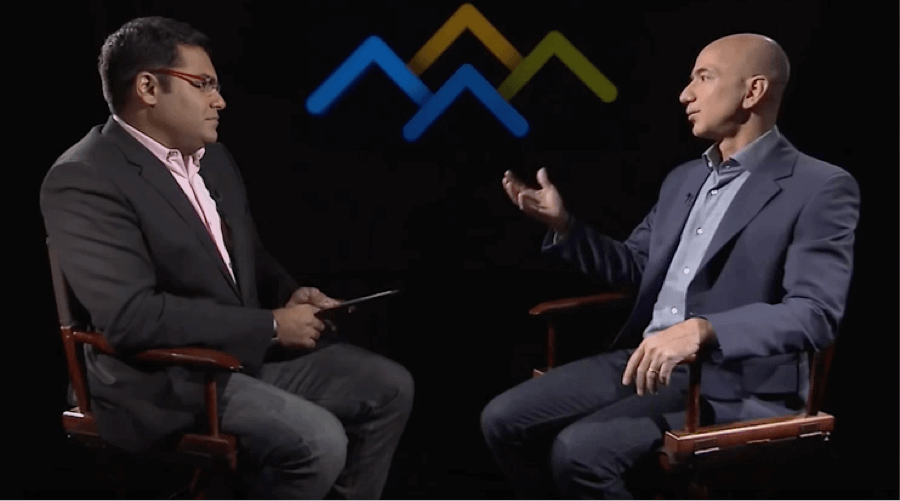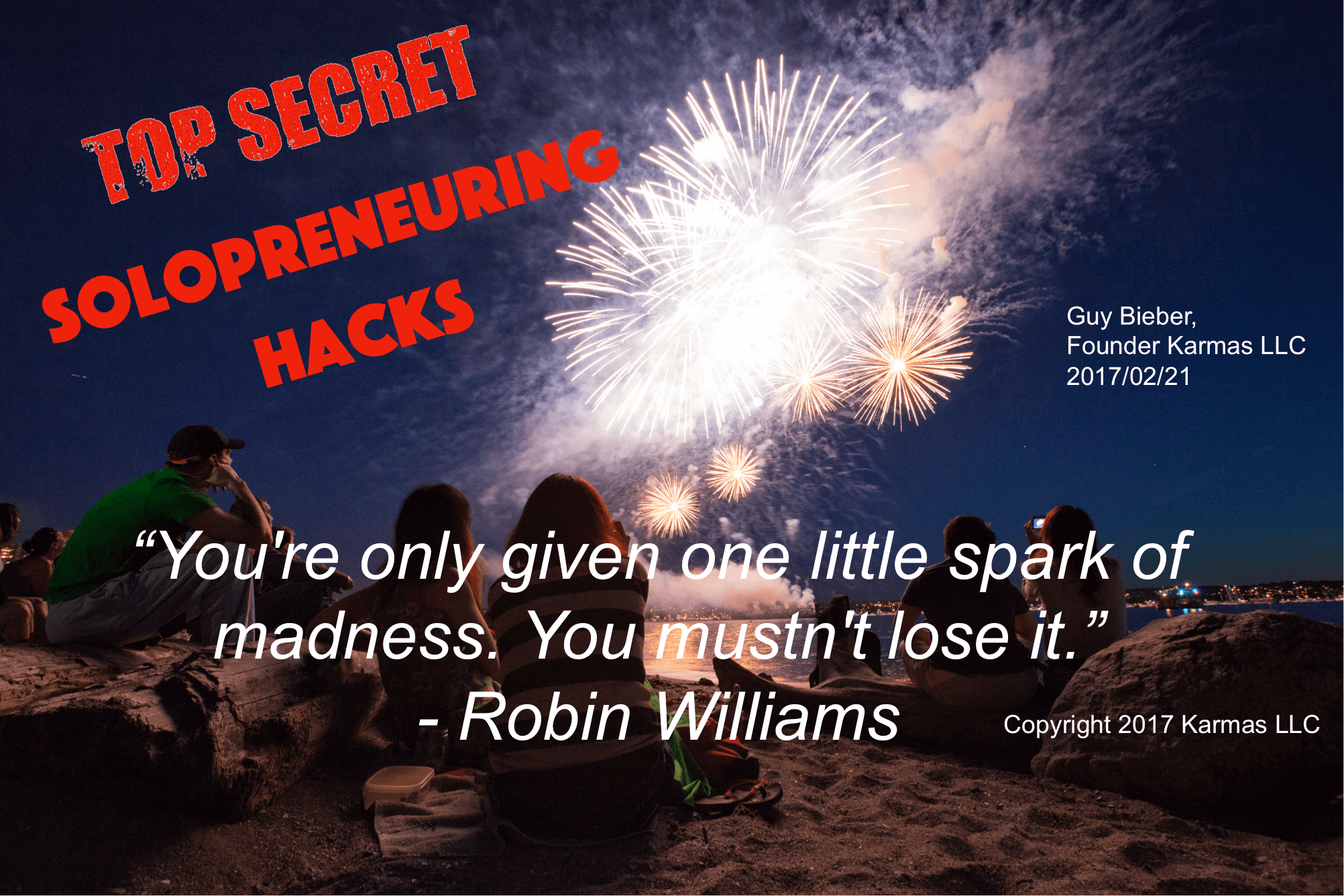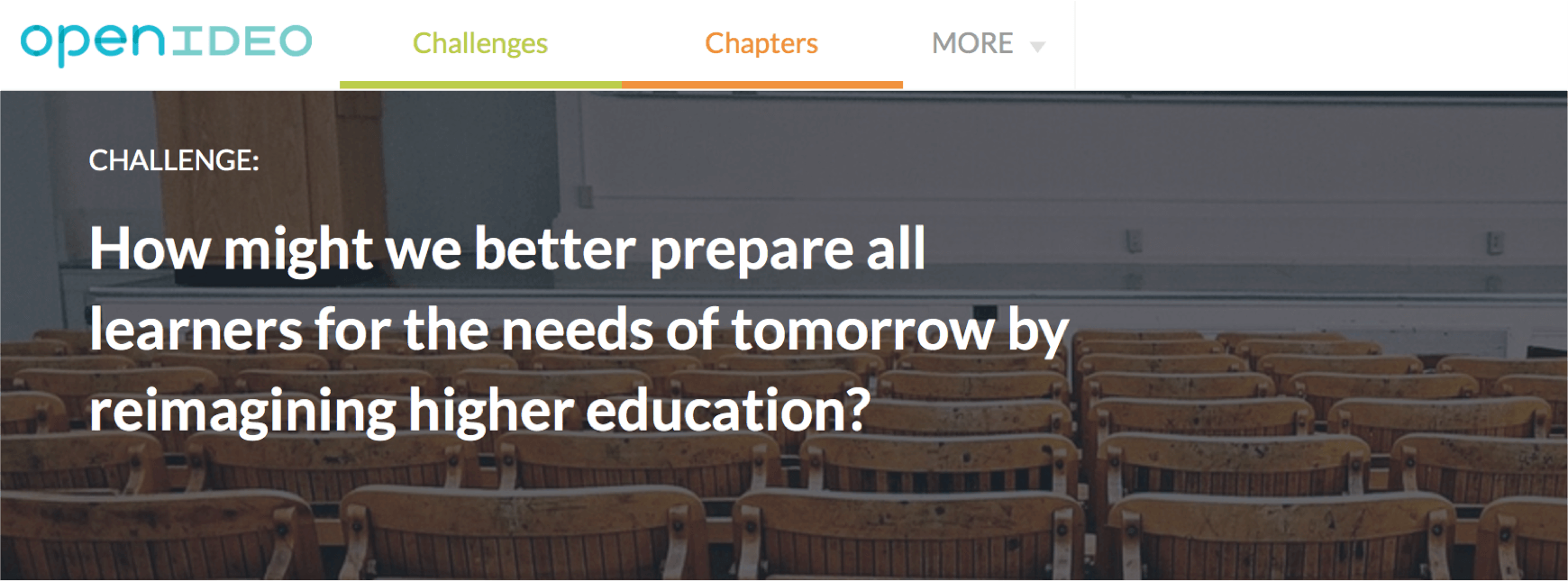Why Connect?
“Someone created the computer on their own, and it was thrown away. You have to have infrastructure to make an idea big. You can’t be a loner.” – The Innovators
The longest longevity study watched 700 men from wealthy backgrounds (Harvard) and from poor Boston neighborhoods over 75 years. The number one thing they found that increased happiness and healthiness was good relationships with family, friends, and communities. That was regardless of wealth or genetic disposition. People who were happiest in retirement replaced workmates with playmates. Loneliness was toxic to health and happiness. Unfortunately, 1 in 5 Americans are lonely. We need to connect with others to make our journey more enjoyable.
There has been a trend towards solo-preneuring where an individual starts a business. The solo-preneur is a misnomer; eventually, if something succeeds, you need to involve other people to grow. As a solopreneur, there are many connections you can make:
The journey is always more fun when we go on it together. For a viable business, you at least must take your customers on that journey.
Mentors, Coaches, and Your Personal Board of Directors
“Too little confidence you will be unable to act. Too much confidence you will be unable to listen. “ – John Maeda
Entrepreneurs with mentors raised 7x the capital and grew 3.5x faster (Smartcuts). Mentors are important in developing a business and life. Everyone needs a personal board of directors; in particular, young people can really benefit. For a business, having the right mentors is helpful. You want mentors who have been through what you are trying to do before or are experts in an area you are not. Mentors often know an effective tool or can make an introduction that helps you move forward. Having a mentor connected to many people, a super-connector, can be very useful for making the right introductions. I am grateful for the many good mentors I have been blessed with throughout my career.
I have been fortunate to have executive coaches at various jobs. They really help you figure yourself out and give you tools to be more effective. If you have the means to get a coach who works for you, do it. If not, there are a lot of services that can get you some short-term specific mentoring. Clarity provides advice for startups in every area of creating a business. Mentors on Clarity provide by the minute mentoring at various rates. If you need help getting unstuck coding something, Codementor provides by the minute mentoring on software development. There is also the possibility of a coaching internship, where you follow around someone who does something you aspire to do. There are many ways for you to get help. Simply ask and be grateful.
Besides mentors I can talk to, I have a dream board of directors, composed of people I admire. When I get stuck or demotivated, I ask what they would say to me. My dream board contains Winston Churchill, Steve Jobs, Richard Branson, Elon Musk, Leonardo DaVinci, Albert Einstein, Larry Page, Sergey Brin, Bill Joy, Astro Teller, Freddy Mercury, and John Lennon. Some of these people I know, some are long gone, and some I hope to meet someday. I know it sounds a little crazy, but it helps to think about how these people might advise me. Have fun with it. You can have any dream board of directors you want.
In her TEDTalk, Barbara Sher described how isolation is a dream killer. She started forming success groups to help people achieve their dreams. People just have to describe a wish and an obstacle, and then the team helps them overcome it. It was amazing how people helped each other. One woman had not had a vacation in years and wanted to go on a cruise. Someone in the team had won a free cruise they didn’t want to go on. They gave her the ticket. Another person offered to help babysit her kids. You are much more likely to get the answers you seek if you cast your net more widely. That is what success teams are about.
There are many opportunities to find your community. Meetups have become a popular way to connect with your local community. Tools, like Meetup, make it easy to publish and find events. Mastermind Groups create multidisciplinary teams that meet to brainstorm, achieve goals, and learn. The resources are there for you; you just have to reach out.
Power of the Crowd / Collaborative Economy / Sharing Economy / Peers
Many companies have harnessed the power of the crowd and created amazing networking effects for their businesses. Wikipedia used the crowd to create the first constantly updated online encyclopedia. Uber allowed people to use one of their least used and most expensive assets to make money on the side. Cars are only 5% utilized; yet represent 7% of family income. Uber created the world’s largest transportation company. Airbnb allowed people to share spare bedrooms or homes with guests and create the world’s largest hotel company. Threadless runs tee-shirt design competitions with the crowd, takes preorders, and prints shirts on demand. The examples are endless. In her book Peers Inc, Robin Chase describes the principles and benefits of taking a peers approach to business.
Principles
- Using excess capacity makes sense.
- Platforms enable simple sharing.
- Peers are powerful collaborators.
Miracles
- Peer models can have exponential growth.
- Smart platforms create exponential learning via machine learning. Law of Accelerated Learning for Peers: Pace of learning is proportional to the size of the network.
- Diverse networked peers mean instant access to the right minds.
Networking effects matter. Companies that orchestrate networks have 2x to 4x the valuations of their peers and outperform them on both product and growth. Robin suggests we are moving from an industrial economy to a collaborative economy. She describes the collaborative economy this way.
- Openness: Open assets are more efficient than closed assets. The benefits of openness are far greater than the problems of openness.
- Connectedness: More networked minds are greater than a few fenced-in minds.
- Sharing: I get is greater than I give.
Robin describes the phases that peer businesses go through. They move from a controlled kernel, to everyone welcome, to power imbalance (between the community and platform), and finally power parity (everyone is benefiting). The Internet, machine learning, and the cloud are making it easier than ever to create a peers-based company.
Crowds / Peers enable you to find people with similar goals, people with knowledge you are looking for, and people with skills you might need. It is much like the game show 1 versus 100, where a crowd typically beats an individual, regardless of how smart they are. Peers help you get unstuck, because someone always knows a faster, cheaper, better way of doing things you are struggling with.
The crowd can also fund your ideas. Indiegogo and Kickstarter have funded billions of dollars to startups. You just have to connect with something people really want. The book Bold describes what you need to have a successful crowdfunding campaign.
- You need to be in the late prototype phases.
- The team assembled and capable of executing.
- The product is community focused and consumer facing.
- The team has access to a large community of followers, who can be pitched directly.
- The product aims to solve a problem people care about.
Crowdfunding has many advantages, well beyond just raising capital.
- Market validation and real demand measurement.
- Development of paying community of customers.
- Inexpensive customer acquisition.
Another way to use the crowd is to solve big problems. Prize-based competitions are capital effective for solving big problems. The XPrize spawned commercial rockets. DARPA prizes created the driverless car and humanoid robotics. The book Bold talks about the reasons for doing competitions.
- Raise the visibility of challenges. Makes people think it’s actually doable.
- Prizes break bottlenecks of traditional players.
- Prizes cast a wide net.
- The appetite for risk increases.
- Crowdfunding is possible.
- Prizes can creates 100s of technical solutions.
For prize-based research to work, you have to tap into the passion of the community.
Pay it Forward
“Golden Rule: Treat others like you want to be treated.”
“Platinum Rule: Treat others like they want to be treated.” – Dr Tony Alessandra
“If you’re lucky enough to do well, it’s your responsibility to send the elevator back down.” —@KevinSpacey
The one pitfall of the golden rule is that it assumes others will like what we do. The larger the community, the less likely this is true. Receiving always starts with giving. If you want a community you go to for help, you need to be the person willing to help others. If someone mentored you, pay it forward by mentoring someone else. In the movie Pay It Forward, a young boy launches a goodwill movement. He helped other people and asked them only one thing in return; help someone else. He asked them to pay it forward. Imagine a world where one small act of kindness ripples out into 100s, 1000s, and millions of acts of kindness. That would be a great world to live in.
Gratefully,
Guy Bieber
Inspire – Be Inspired – Create Amazing Experiences
When you need The Guy: @theguybieber theguybieber@karmas.co bookings@thepotentialbook.com
Preorder Potential today at https://www.thepotentialbook.com/preorder/









Recent Comments